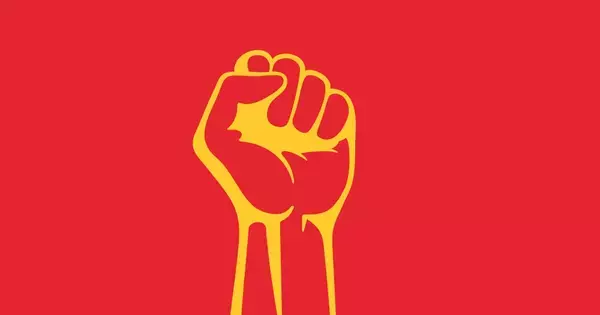Social ownership refers to a system of economic organization in which the means of production, distribution, and exchange are owned and controlled by society as a whole, rather than by private individuals or companies. This can take various forms, such as state ownership, worker cooperatives, or community ownership.
The appropriation of the surplus product produced by the means of production, or the wealth that results from it, to society as a whole is referred to as social ownership. It is the distinguishing feature of a socialist economic system. Community ownership, state ownership, common ownership, employee ownership, cooperative ownership, and citizen ownership of equity are all examples.
The goal of social ownership is typically to ensure that resources and decision-making power are distributed more evenly across society, and that the benefits of economic activity are shared more fairly among all members of a community or society. Proponents of social ownership argue that it can help to reduce economic inequality, promote greater democracy, and ensure that economic activity is aligned with social and environmental goals. Critics, on the other hand, argue that social ownership can lead to inefficiencies, lack of innovation, and reduced incentives for individuals to work hard and take risks.
Traditionally, social ownership implied that capital and factor markets would cease to exist under the assumption that market exchanges within the production process would be rendered obsolete if capital goods were owned and integrated by a single entity or network of entities representing society; however, the articulation of models of market socialism in which factor markets are used to allocate capital goods between socially owned enterprises broadened the definition to Social ownership of the means of production is the defining feature of all forms of socialism.
Social ownership is often associated with socialist and communist ideologies, which advocate for the abolition of private property and the establishment of a system of social ownership. Social ownership can take various forms, such as worker cooperatives, state-owned enterprises, or community land trusts, and can be implemented at different levels, from local to national.
Proponents of social ownership argue that it can lead to greater economic equality, as it allows for the distribution of wealth and resources based on need rather than the accumulation of individual wealth. They also argue that it can lead to more democratic decision-making, as ownership and control are shared among members of society. Critics, on the other hand, argue that social ownership can lead to inefficiencies and lack of incentives, as individuals may not have the same drive to work and innovate without the possibility of personal gain.
















